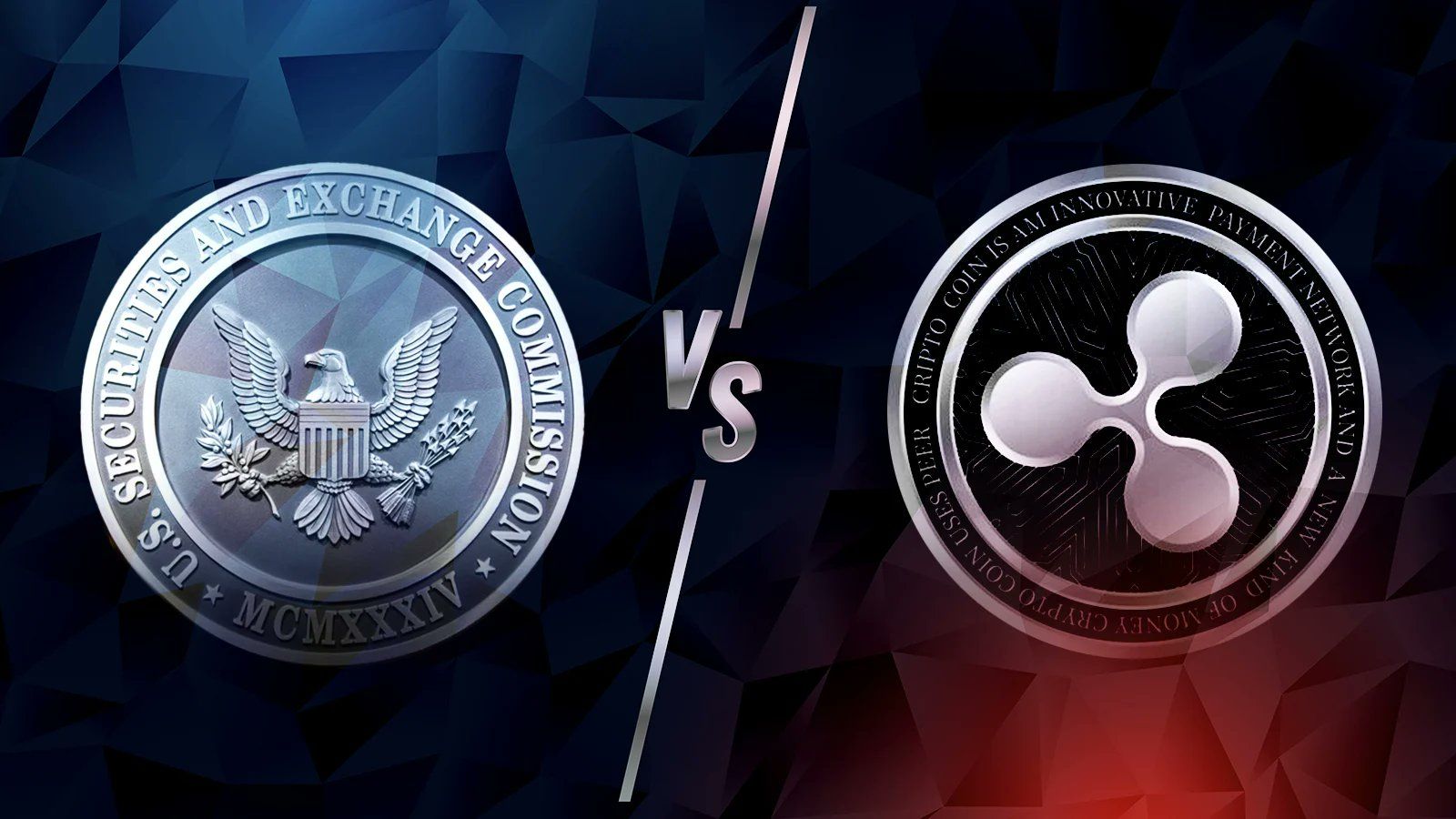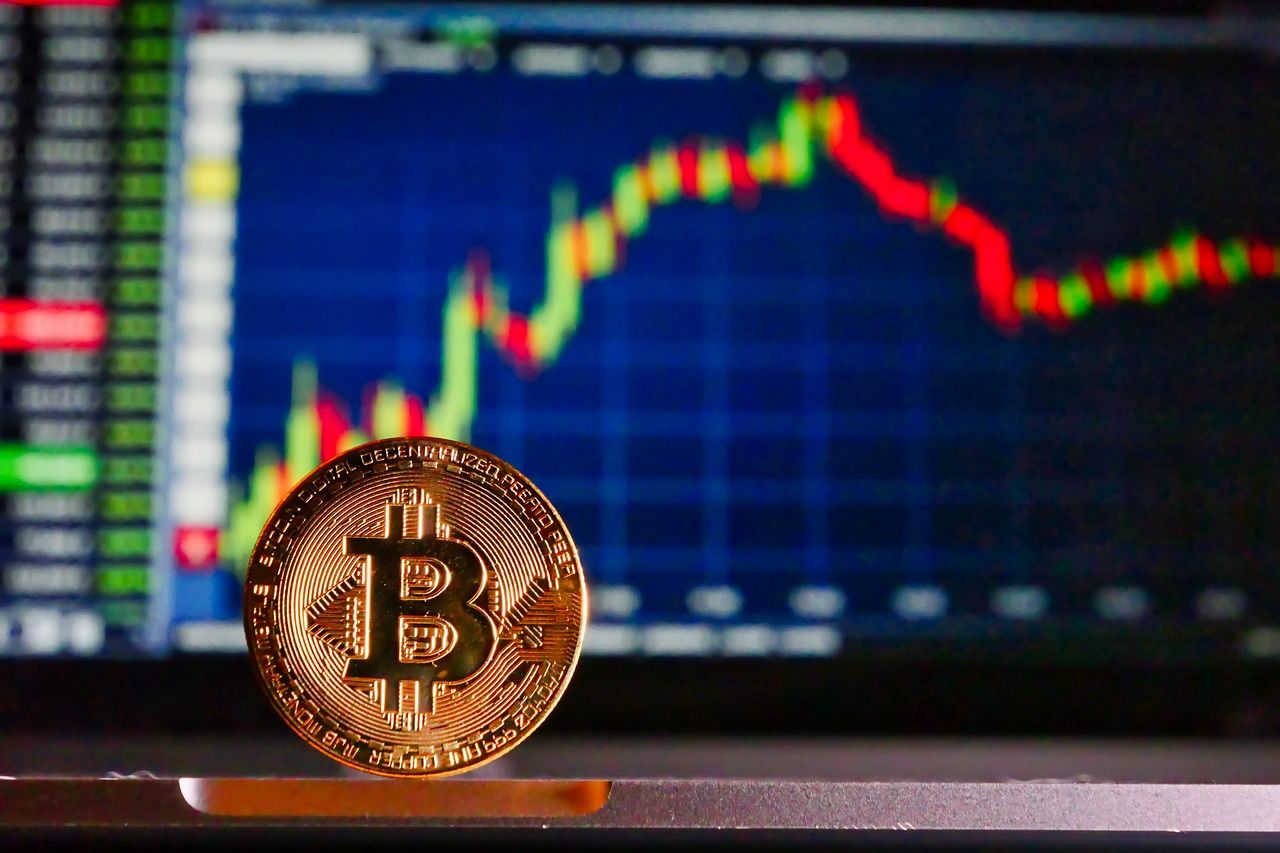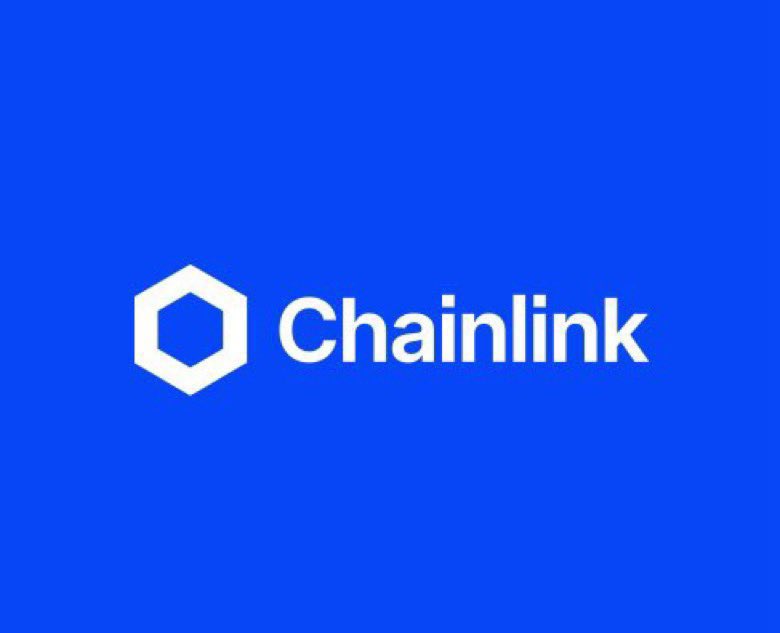The formal filing of a settlement agreement between the U.S. Securities and Exchange Commission (SEC) and Ripple Labs could mark the end of one of the most closely watched court disputes in the history of digital assets, which began in December 2020.
The SEC appealed Judge Torres’ decision that selling XRP automatically to individual buyers did not break securities laws. In response, Ripple filed a cross-appeal challenging the decision that its sales to institutions were unregistered securities offerings.
This agreement was submitted to the Southern District of New York U.S. District Court on Thursday, May 8, 2025. Compared to the $125 million fine Judge Analisa Torres imposed the previous year and the $2 billion fine the SEC had initially requested, the $50 million fine is a significant reduction. Ripple seeks Judge Torres to agree to lift the previous ruling against it and release the $125 million held in escrow for civil fines.
In addition, Ripple would repay the remaining $75 million to a specific corporation after paying $50 million to the SEC. Both parties have agreed to drop the appeals as part of the settlement.
Shift in the SEC Regulatory Approach
Since President Donald Trump took office in January 2025 and appointed crypto-friendly Paul Atkins as SEC Chairman in April, the agency has significantly reduced crypto-focused investigations and enforcement actions initiated under the leadership of former Chair Gary Gensler.
Atkins has also publicly committed to providing clearer regulatory frameworks for digital assets that remove uncertainty while fostering innovation. During an April SEC Crypto Task Force roundtable, he acknowledged that innovation in the cryptocurrency industry had faced resistance for years due to regulatory ambiguity.
This commitment to clearer regulations is seen as significant in light of the ongoing Ripple case, providing a more supportive environment for the development of digital assets.
However, not all SEC officials support the settlement. Commissioner Caroline Crenshaw has criticized the agreement, describing it as “a blow to investor protections and the rule of law.”
Ripple vs SEC: What’s Next?
Judge Torres must issue an indicative ruling under Rule 62.1 to finalize the settlement. If approved, both parties will petition the U.S. Court of Appeals for the Second Circuit to remand the case to the district court for final resolution.
Crucially, the settlement preserves Judge Torres’ July 2023 summary judgment ruling, distinguishing between Ripple’s institutional and programmatic XRP sales. This decision is precedent-setting in determining similar future cases, and neither party will challenge or seek to vacate this critical ruling.
READ MORE: Best Crypto to Buy Now as Ethereum Reclaims $2,400















